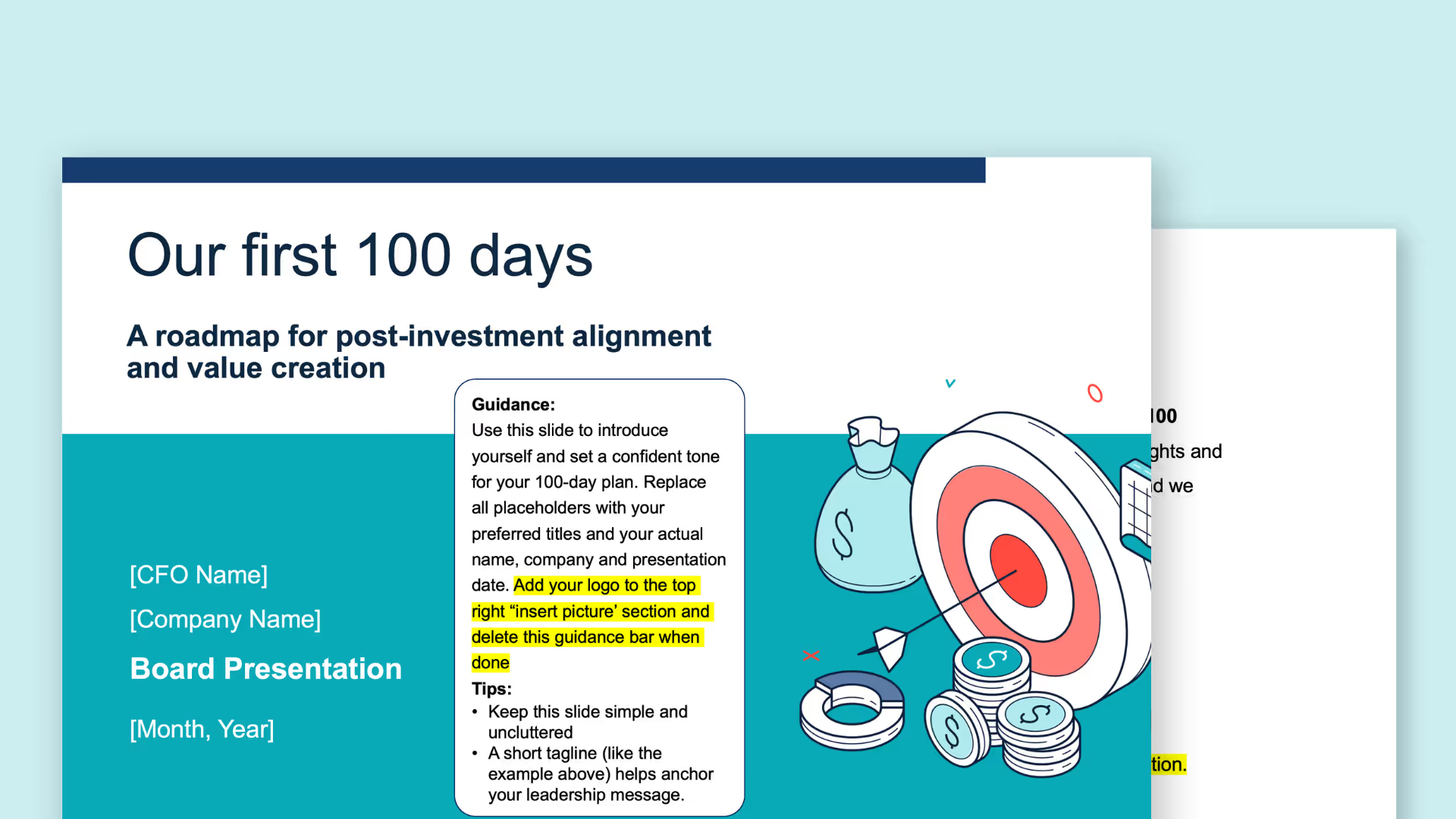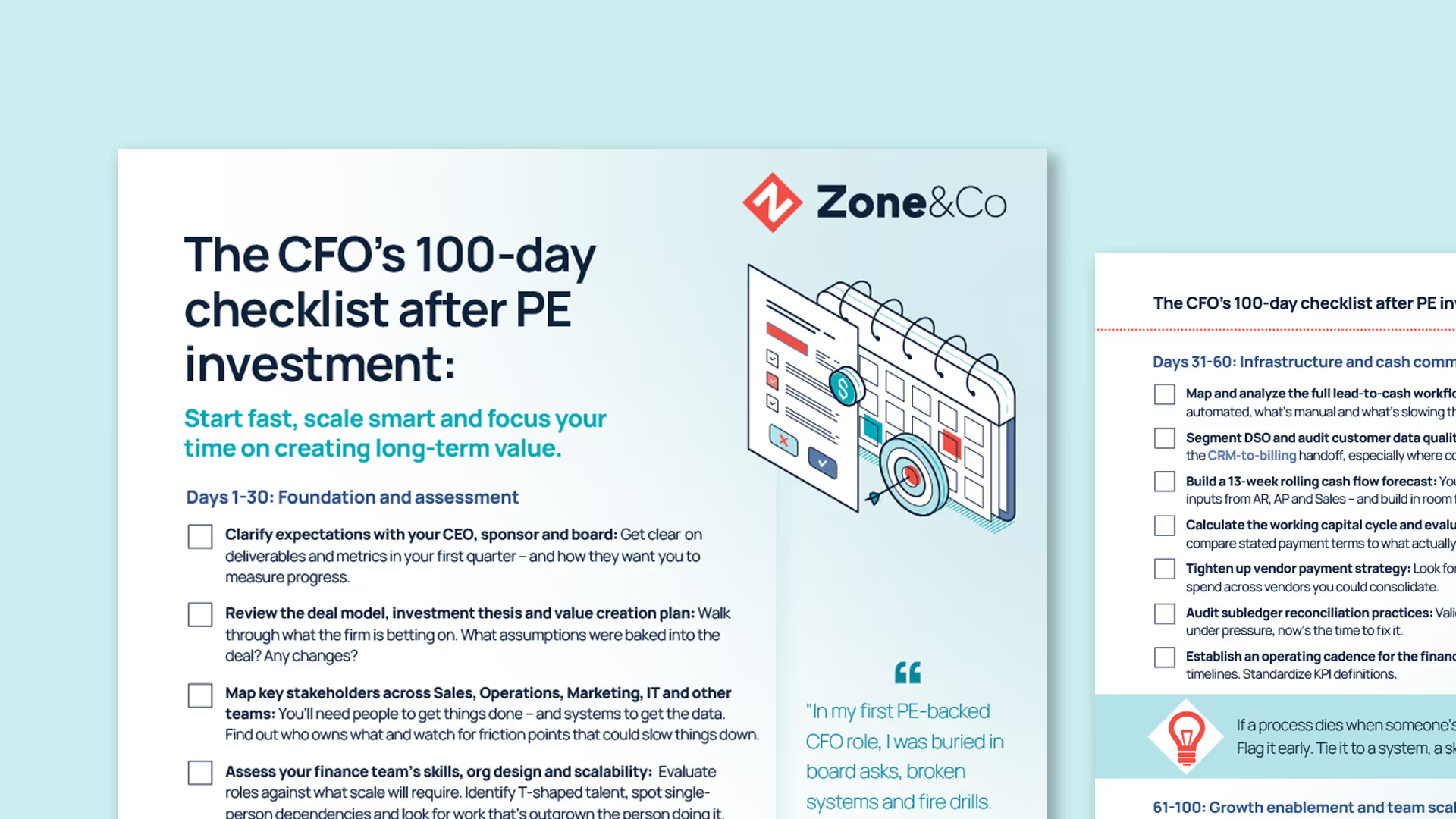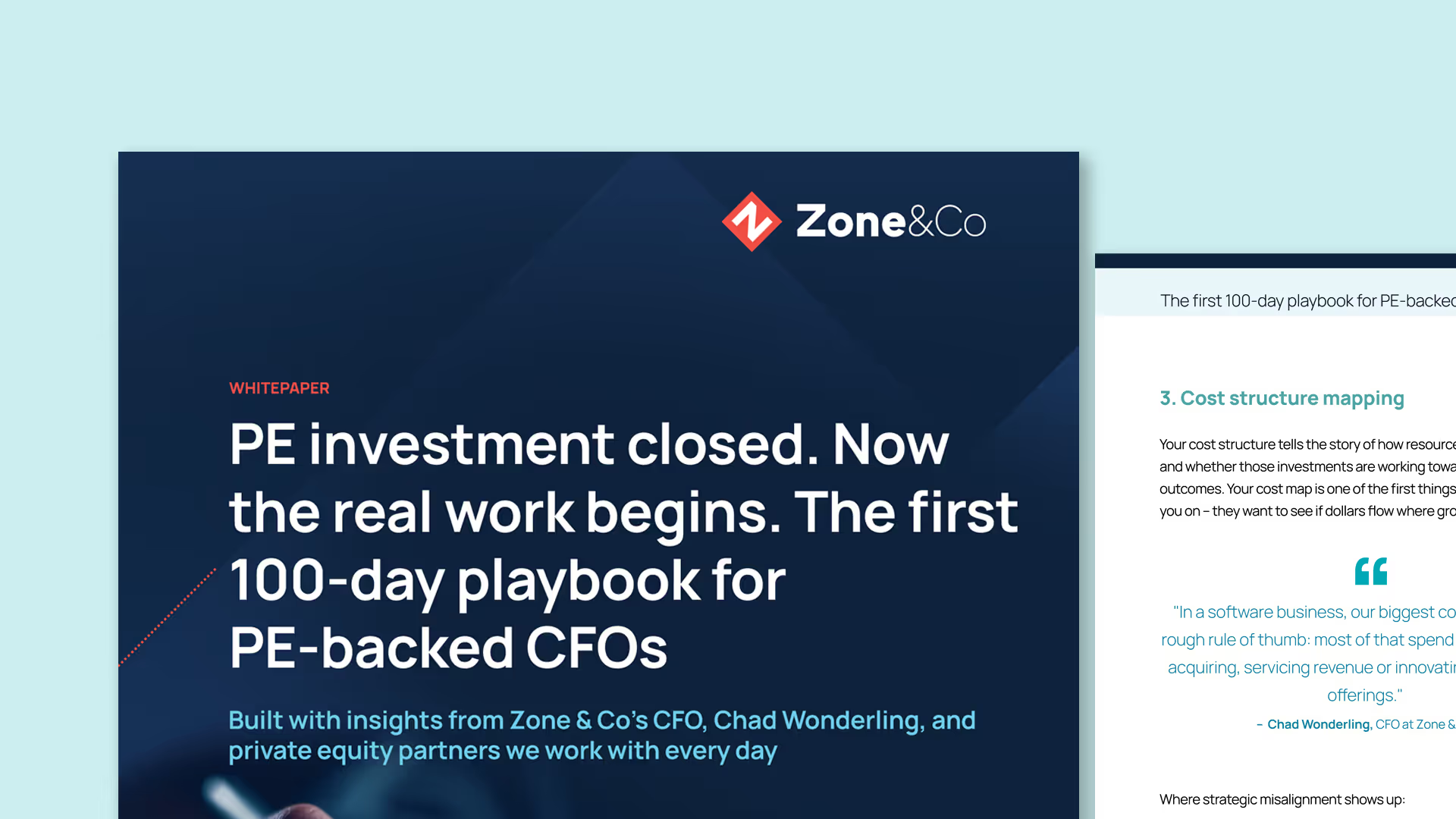8 Tips for Managing Your December Pay Run

Zone & Co acquired Infinet Cloud in May 2023. Please be aware that any prior mentions of Infinet Cloud, including the content below, now pertain to the unified entity.
Under normal circumstances everyone’s attention would now have turned to gingerbread lattes, the same 20 songs on repeat, and three weeks of general chaos. Obviously, this year is going to be different, but in what has already been an extremely busy and complex year for payroll professionals, December brings another set of unique challenges...
Here’s a few considerations to make sure you stay ahead of the curve.
Declare your contractual pay date for Full Payment Submission (FPS)
For a number of years HMRC have consistently stated, regardless of whether you pay earlier, or indeed, later in the month of December, it is essential to record the contractual pay date on the FPS for that month.
This is a “once a year” exemption and is in place to prevent the assessment period for Universal Credit being polluted by early payments over the festive period. If it looks like somebody has had two payments in that period, it may affect their eligibility for the payment and leave them in financial crisis.
Please remember that flexibility between contractual payment dates and actual payment dates are only permitted in December.
More information is available here from the CIPP
Notify the bank if you intend to pay on a different date
Simple right? Sometimes it’s the most obvious tasks that get missed. Make sure you tell the bank the right date to process the pay if it differs from your normal date and make sure your team get their wages when they expect them.
Again: Please remember that flexibility between contractual payment dates and actual payment dates are only permitted in December.
Paying Bonuses
Any form of payment from an employer is classed as ‘earnings’ and as such is liable to the appropriate PAYE and NI calculations.
Gifts are not exempt from this, neither are they ‘trivial benefits’. They should also be declared on a P11D with Class1A National Insurance paid based on the value of the gift.
Staff Parties (or virtual equivalent)
HMRC have specific criteria on whether or not parties should be declared as an employee benefit. Parties are exempt from declaration providing they can be classed as an “Annual Event”, cost less than £150 per employee (including VAT) and are open to all employees.
Whilst it is unlikely that many of us will be having a normal Christmas night out this year, HMRC have confirmed that their normal rules in relation to Christmas parties are transferable to a virtual event, or equivalent.
“Having considered the scope of section 264 ITEPA03 (annual parties exemption), we are pleased to confirm that the exemption will apply to the costs associated with virtual parties in the same way that it would for traditionally held parties.”
Refer to the HMRC guidelines for further clarification.
Holiday Pay
Whether your business is closed over the festive period or employees are just taking advantage of some additional days off, make sure you are completely up-to-date with the latest legislation around leave management and remuneration.
There have been a number of cases in recent years relating to holiday pay based on average earnings which resulted in a landmark legislative change in April this year. Check that you are paying your team what they are entitled to.
Overtime
Failing to pay people for their overtime could be a breach of their employment contract. This reflects badly on your organisation and such errors can be a pain to fix, not to mention a disaster for your employees who have worked extra hard to support your business and earn much needed cash at an expensive time of year.
Track time and attendance, have approval processes for overtime and have all time entered and signed off ahead of your cut-off date.
Seasonal Staff
Make sure you know who is in your business. Given the short-term nature of contracts and the turnover of staff it can be easy for information to fall through the cracks.
If you misclassify their tax or National Insurance status, that could cause their payslip to be over or under what they’re due. It’ll also rattle the cage of HMRC when you send them the wrong information and as this would be the employers error it would also be the employers liability.
Absences and Sick Pay
Obviously this year is different to any other in living memory when it comes to statutory sick pay regulations and you can see the latest guidance on SSP in relation to Covid-19 here.
Inevitably at this time of year many employees also fall foul to the cold, flu or “24-hour bug that seems to be doing the rounds” following a big night out (in). Track employee attendance and reasons for absence to ensure your payroll and reporting aligned to provide key metrics to management.
FAQs
Recommended resources
Get a Personalized Demo Today
Start a conversation with an expert who asks thoughtful questions and shows you how Zone & Co can solve your unique problem.






